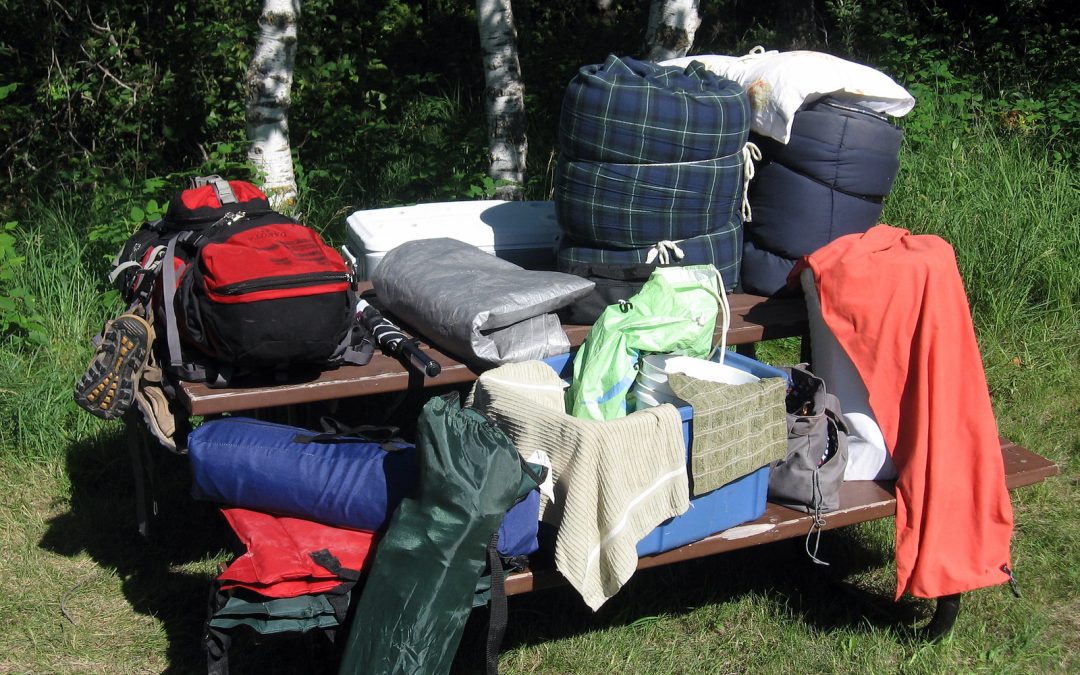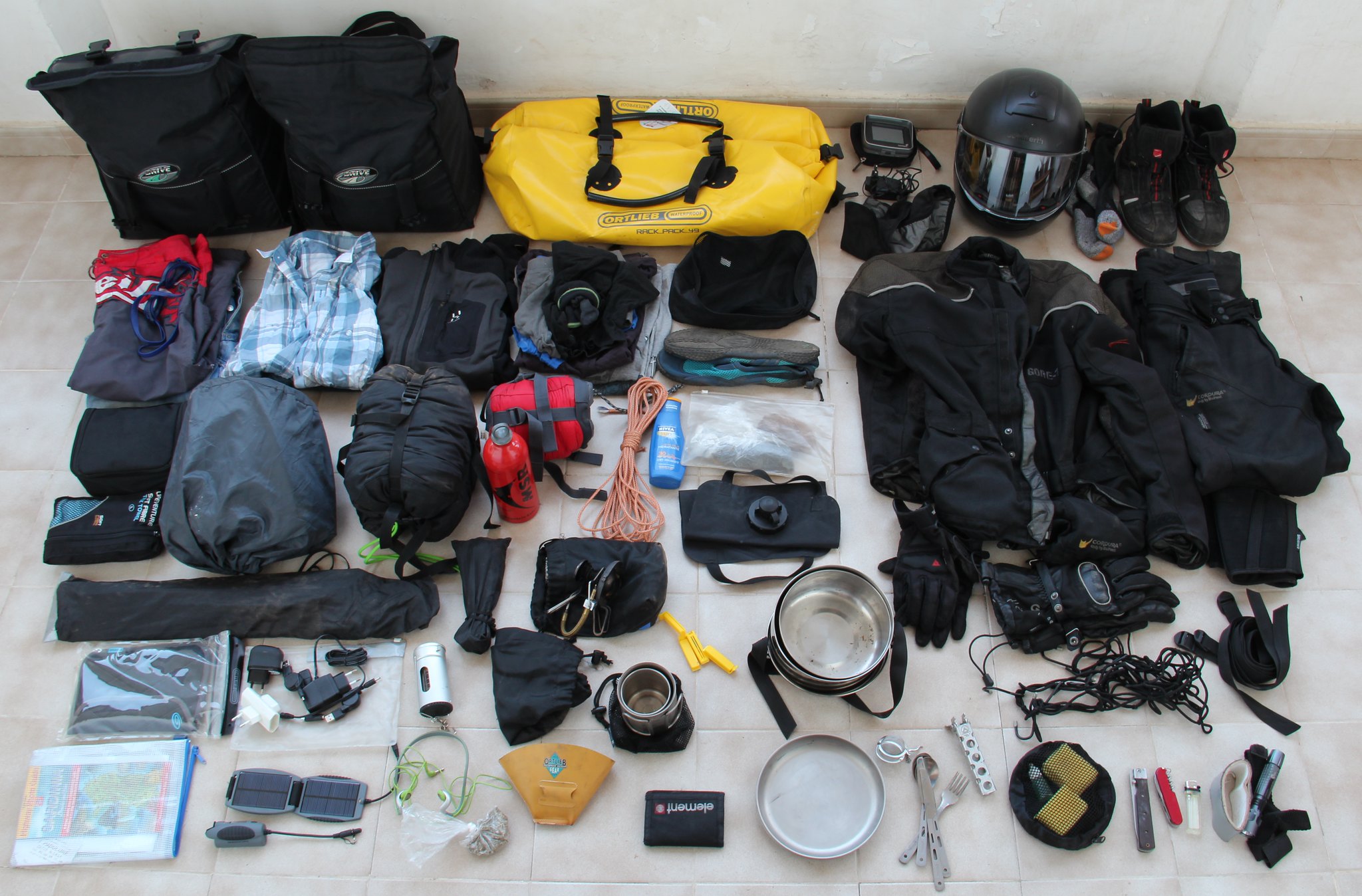Top Essentials for Dry RV Camping
RV camping is an excellent way to experience the great outdoors, spend quality time with family and friends, and create unforgettable memories. Whether you are a seasoned RVer or a novice, having a comprehensive RV camping gear checklist is essential to ensure a comfortable and enjoyable trip. In this article, we will provide you with a list of essential items to pack for your RV camping trip, divided into several categories. We will also answer some frequently asked questions and give you useful tips and advice.
Planning an RV camping trip requires time, effort, and attention to detail. Here are some tips for creating a good checklist:
- Start by brainstorming all the items you think you might need.
- Once you have a list of items, group them into logical categories.
- Be specific about the items you need. For example, instead of just listing “tent,” list the specific type of tent you need, such as a four-season tent.
- Make sure the checklist is easy to use. Use clear and concise instructions and avoid jargon.
- Keep the checklist up-to-date. Update it regularly to reflect the latest trends and recommendations.
- Make the checklist relevant to the target audience. Tailor the checklist to the specific needs of the people who will be using it.
Image Credit:damian@krass via flickr
Shelter and Sleeping Gear
The first category on our RV camping gear checklist is Shelter and Sleeping Gear. Depending on the type of camping you prefer, you can choose to camp in a tent or an RV. In either case, you need to ensure that you have the necessary items to create a comfortable and secure sleeping environment.
- Tent or RV: Your choice of shelter will depend on your preference, budget, and the type of camping you plan to do. If you prefer a more rustic experience, a tent is an excellent choice. However, if you want more comfort and convenience, an RV is a better option.
- Sleeping bags and blankets: You will need warm and comfortable sleeping bags and blankets to keep you cozy during the night.
- Pillows and pillowcases: Don’t forget to bring pillows and pillowcases to support your head and neck.
- Mattresses and sleeping pads: If you choose to camp in a tent, you will need to bring along a mattress or sleeping pad to cushion your sleeping area.
- Tarp or canopy: To protect your tent or RV from rain, sun, and wind, bring along a tarp or canopy.
- Portable chairs and tables: To create a comfortable outdoor living space, bring along portable chairs and tables.
- Mosquito netting: To protect yourself from pesky insects, bring along mosquito netting.
FAQs:
What type of tent is best for RV camping?
Answer: The type of tent you choose depends on the number of people camping and the weather conditions. A four-season tent is ideal for RV camping, as it is sturdy and can withstand harsh weather conditions.
Can I bring a regular mattress for RV camping?
Answer: Yes, you can bring a regular mattress for RV camping, as long as it fits comfortably in your RV.
Do I need a sleeping pad if I have an RV?
Answer: If you are sleeping in an RV, you do not necessarily need a sleeping pad. However, if you are camping in a tent, a sleeping pad is essential to provide cushioning and insulation.
Kitchen Essentials
The next category on our RV camping gear checklist is Kitchen Essentials. When camping, you will need to prepare your meals, and having the necessary equipment will make the process more manageable and enjoyable.
- Portable stove and fuel: Bring along a portable stove and fuel to cook your meals.
- Cooking utensils: You will need pots, pans, spatulas, and other cooking utensils to prepare your food.
- Tableware and cutlery: Bring along plates, bowls, cups, and utensils to serve your food.
- Cooler or fridge
- Bring a cooler or fridge to keep your food and drinks fresh and cool.
- Food and drinks: Bring along enough food and drinks for your camping trip. Consider bringing non-perishable items such as canned goods, dried fruits, and snacks.
- Water containers: Bring along enough water containers to store and transport your water.
- Trash bags: Bring along enough trash bags to keep your campsite clean and tidy.
FAQs:
What’s the best way to keep my food fresh while RV camping?
Answer: The best way to keep your food fresh while RV camping is to bring along a cooler or fridge and store your perishable items inside.
Can I bring a microwave or an electric stove for RV camping?
Answer: Yes, you can bring a microwave or an electric stove for RV camping, as long as your RV has the necessary electrical hookups to support them.
How can I prevent attracting wild animals to my campsite?
Answer: To prevent attracting wild animals to your campsite, store your food and trash properly, keep a clean campsite, and avoid cooking and eating near your sleeping area.
Hygiene and Personal Care
The third category on our RV camping gear checklist is Hygiene and Personal Care. It is essential to maintain personal hygiene and cleanliness, especially when camping in the great outdoors.
- Toiletries: Bring along your toothbrush, toothpaste, soap, shampoo, and other toiletries.
- Shower gear: Bring along a portable shower or shower bag to keep clean.
- Towels: Bring along enough towels for your personal use and to dry your dishes.
- Hand sanitizer: Bring along hand sanitizer to keep your hands clean and germ-free.
- Wet wipes: Bring along wet wipes for a quick and easy clean-up.
- Trash bags: Bring along enough trash bags to dispose of your waste properly.
FAQs:
Can I take a shower while RV camping?
Answer: Yes, you can take a shower while RV camping. You can use a portable shower or shower bag, or you can use the shower facilities at the RV park.
Do I need a portable toilet for RV camping?
Answer: You do not necessarily need a portable toilet for RV camping, as most RVs have their own toilet. However, if you plan to camp in remote areas without access to restrooms, a portable toilet can be useful.
How can I dispose of grey and black water from my RV?
Answer: You can dispose of grey and black water from your RV at designated dump stations at RV parks or other approved areas.
Tools and Repair Items
The fourth category on our RV camping gear checklist is Tools and Repair Items. When camping, it is important to be self-sufficient and prepared for any unforeseen circumstances.
- Flashlights and headlamps: Bring along flashlights and headlamps to navigate in the dark.
- Batteries: Bring along extra batteries for your electronic devices.
- Pocket knife: Bring along a pocket knife for various purposes, such as cutting ropes or opening cans.
- Duct tape: Bring along duct tape for emergency repairs.
- Bungee cords: Bring along bungee cords to secure items and gear.
- Screwdrivers and pliers: Bring along basic tools such as screwdrivers and pliers for repairs.
- RV repair kit: Bring along a repair kit for your RV, including items such as tire repair patches and duct tape.
FAQs:
What should I do if I have a flat tire on my RV?
Answer: If you have a flat tire on your RV, use your RV repair kit to patch the tire or change the tire if necessary. You can also call for roadside assistance.
How can I fix common RV problems on my own?
Answer: It is essential to know the basic maintenance and repair skills for your RV, such as how to change a tire or fix a leaky faucet. You can also find helpful resources and guides online or attend RV maintenance and repair workshops.
Can I bring a chainsaw or other power tools for RV camping?
Answer: It is generally not recommended to bring chainsaws or other power tools for RV camping, as they can be noisy and disruptive to other campers. Check with the RV park or campground to see if they allow the use of power tools.
Clothing and Personal Items
The fifth category on our RV camping gear checklist is Clothing and Personal Items. It is essential to pack appropriate clothing and personal items to ensure comfort and protection during your camping trip.
- Comfortable clothing: Bring along comfortable and weather-appropriate clothing, such as shorts, t-shirts, and pants.
- Footwear: Bring along comfortable and sturdy footwear, such as hiking boots or sandals.
- Rain gear: Bring along rain gear, such as raincoats and umbrellas, to prepare for unexpected rain.
- Sun protection: Bring along sun protection, such as hats and sunscreen, to protect yourself from the sun’s harmful rays.
- Insect repellent: Bring along insect repellent to keep mosquitoes and other bugs at bay.
- First aid kit: Bring along a first aid kit to treat minor injuries and illnesses.
- Entertainment items: Bring along books, games, and other entertainment items to keep yourself and your fellow campers entertained.
FAQs:
What type of clothing is suitable for RV camping?
Answer: Suitable clothing for RV camping includes comfortable and weather-appropriate items such as shorts, t-shirts, and pants. It is also recommended to bring a jacket and rain gear to prepare for unexpected weather changes.
Can I bring a guitar or other musical instrument for RV camping?
Answer: Yes, you can bring a guitar or other musical instrument for RV camping. However, it is important to consider your fellow campers and keep noise levels at a reasonable level.
Do I need to bring sunscreen and insect repellent if I have an RV?
Answer: Yes, it is important to bring sunscreen and insect repellent regardless of whether you have an RV or not. Sunscreen protects you from harmful UV rays, while insect repellent helps keep mosquitoes and other bugs away.
Conclusion
In conclusion, having a comprehensive RV camping gear checklist is essential to ensure a comfortable and enjoyable camping trip. The checklist should include items such as shelter and sleeping gear, kitchen essentials, hygiene and personal care items, tools and repair items, and clothing and personal items. By following this checklist and packing accordingly, you can be sure that you are prepared for your next RV camping adventure.
Resources
- https://koa.com/blog/essential-rv-camping-gear-checklist/ This comprehensive RV camping gear checklist from Kampgrounds of America (KOA) covers essential items for a successful trip and is relevant to the content.
- https://www.reserveamerica.com/outdoors/rv-packing-checklist.htm ReserveAmerica’s RV packing checklist is another reliable resource that can provide additional information on essential items for RV camping.
- https://www.rei.com/learn/expert-advice/family-camping-checklist.html REI’s family camping checklist provides a detailed list of items to pack for an enjoyable camping trip, including gear for RV camping.
- https://www.goodsam.com/trip-planner/ Good Sam’s road trip planner offers useful tools and resources for planning an RV camping trip, including campground information, checklists, and tips for first-time RV campers.
- https://rvshare.com/blog/rv-camping-checklist/ RVshare’s blog post on RV camping checklists provides an extensive list of items to pack for an RV camping trip, along with useful tips and advice for campers.
Featured Image by Christopher Porter via flickr


